Thanks to its pioneering efforts, Semmelweis University was among the first European higher educational institutions that introduced binational programs. These programs allow primarily foreign students to follow the Semmelweis curriculum while undertaking their studies at the partner institution abroad.
Germany, Hamburg
Faculty of Medicine
The exemplar cooperation between Semmelweis University and the Asklepios Medical School opens new horizons in European higher education. This new and unique education model provides Semmelweis students with the opportunity to continue their studies in Hamburg after having successfully completed two years of theoretical training in Budapest. The program at the Asklepios Campus entirely follows the Semmelweis curriculum and it provides the students with a Semmelweis diploma at the end of their studies.

Start of cooperation: 2008
Language: German
Staff: German, Hungarian
Diploma: M.D.
The Faculty of Medicine Asklepios Campus Hamburg is a binational faculty which operates within the supervision of the University’s Faculty of Medicine. This model was established based on the Amsterdam Treaty, which created a unique and successful example of cross-border education in Europe.
Germany, Kaiserslautern
Faculty of Medicine
From the 2025/2026 academic year, Semmelweis University and the German Westpfalz-Klinikum will launch a joint medical program, conducted in Budapest and Kaiserslautern. The program is divided into two phases: the first three years consist of theoretical studies at Semmelweis University in Budapest, while the second three years involve clinical training at the Westpfalz-Klinikum in the Rhineland-Palatinate region.
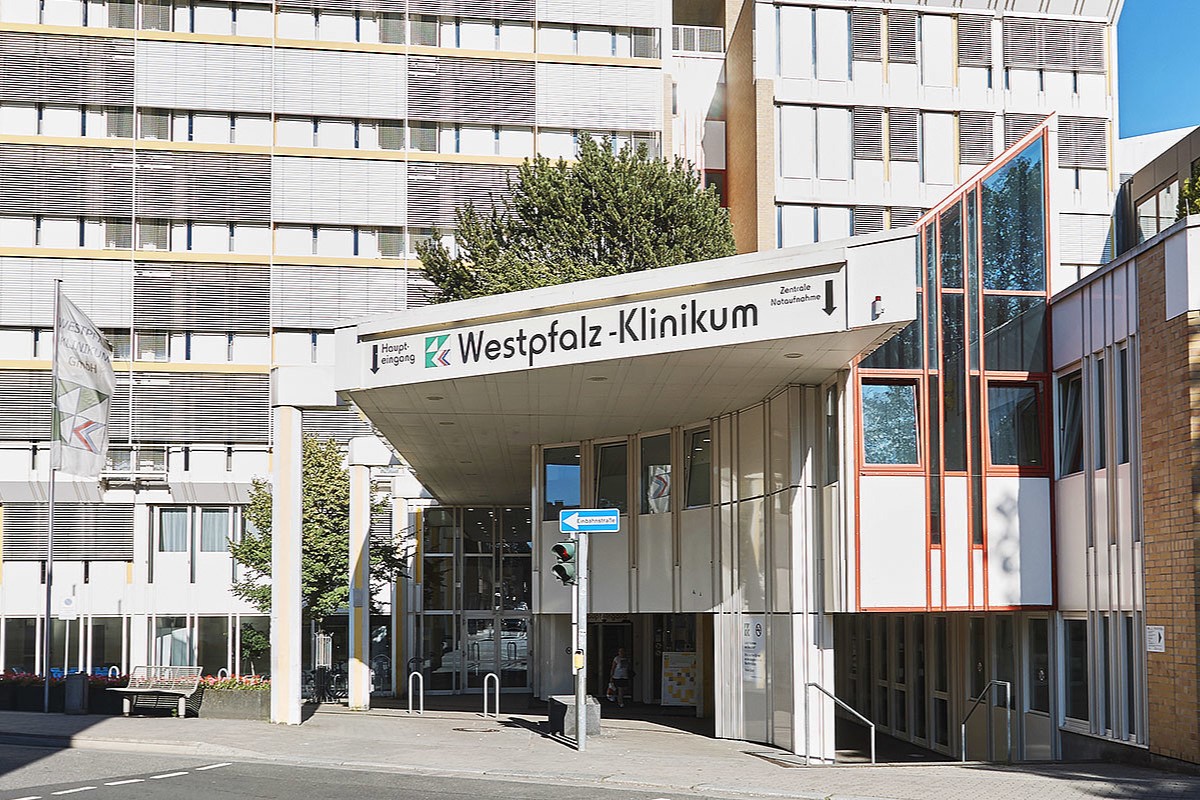
Start of cooperation: 2025
Language: German
Staff: Hungarian, German
Diploma: M.D.
The program is unique in that the curriculum is taught in German, though it follows the Hungarian academic framework. Graduates will receive a degree from Semmelweis University, which is internationally recognized. Additionally, students will have the opportunity to participate in joint research projects between the two institutions, further strengthening scientific and research collaboration between Semmelweis University and Westpfalz-Klinikum.
Switzerland, Lugano
Faculty of Health Sciences
Semmelweis University’s cooperation with the former Lugano Libera Università degli Studi (L.U.de.S.) was created following the initiative of the Faculty of Health Sciences. The L.U.de.S. Physiotherapy BSc programme is completely identical with the one offered at the Faculty of Health Sciences.
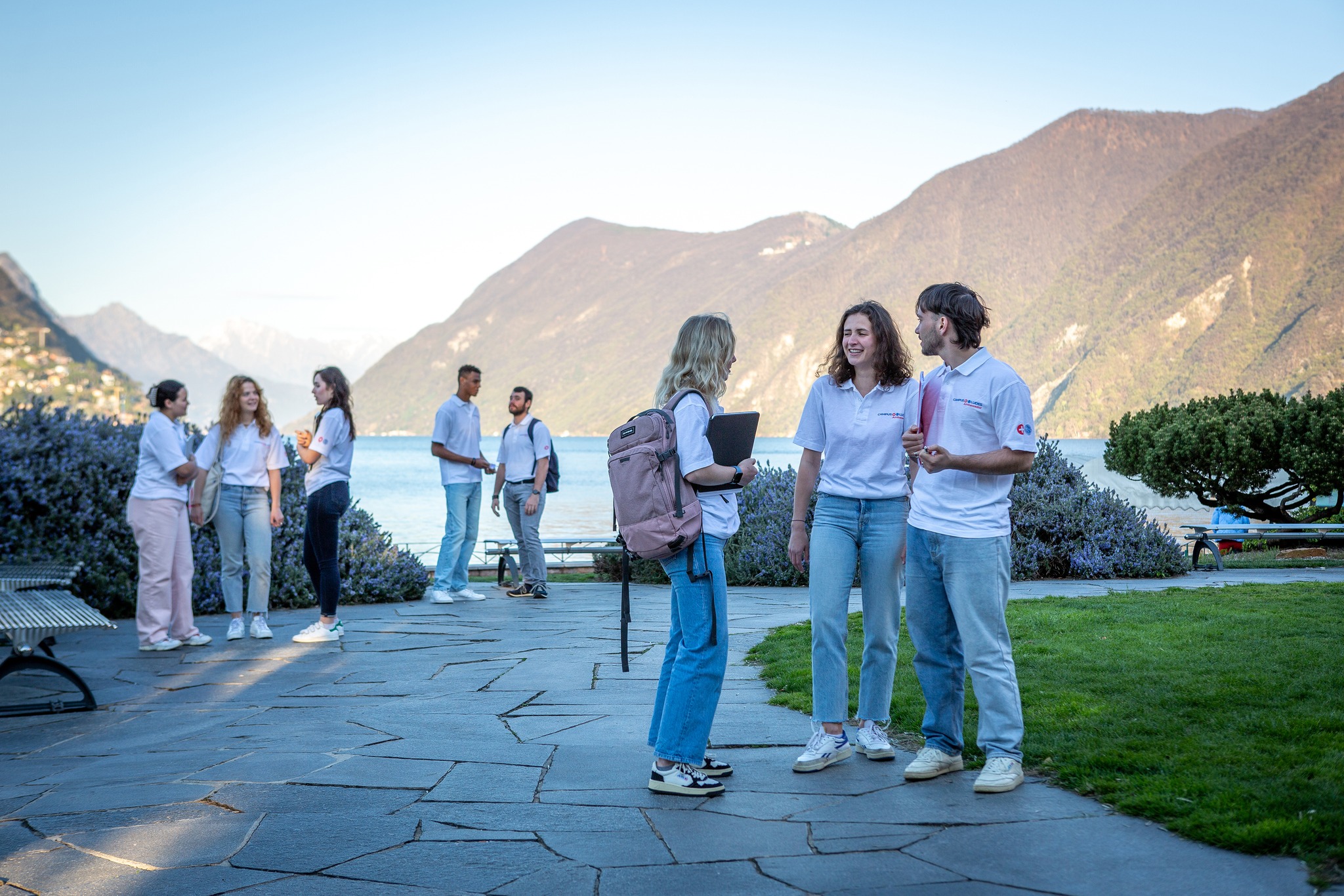
Start of cooperation: 2009
Language: Italian
Staff: Swiss
Diploma: BSc
Semmelweis University’s cooperation with the former Lugano Libera Università degli Studi (L.U.de.S.) was created following the initiative of the Faculty of Health Sciences. The L.U.de.S. Physiotherapy BSc programme is completely identical with the one offered at the Faculty of Health Sciences. The program consists of 4 years and is based on both theoretical and practice-oriented courses. The language of instruction is Italian in this programme. The programme provides a diploma which is accepted and valid in the entire European Union. The Hungarian Accreditation Committee approved the initiative in 2009 upon which the programme started with 19 students. The project’s success is highlighted by the fact that today there are 286 students enrolled in the programme.
Slovakia, Bratislava
Faculty of Health and Public Services
The Bratislava based Health Manager MSc program was established thanks to the collaboration between Semmelweis University’s Faculty of Health and Public Services and the Slovakian Health Management Academy.
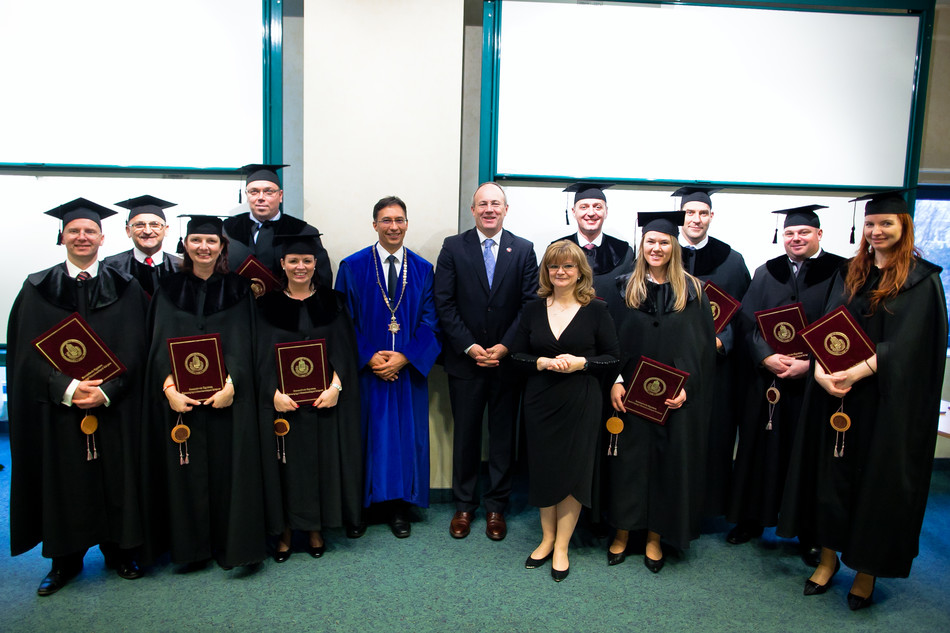
Start of cooperation: 2010
Language: Slovakian
Staff: Slovakian
Diploma: MSc
The program which is taught in Slovakian was launched in 2010 and the first group of students obtained their MSc diploma in 2013.
Romania, Ilieni
András Pető Faculty
The full-time department of the Pető András Faculty of Semmelweis University provides a four-year, high-quality, professional-practical training in Ilieni, in the field of conducting. The aim this 8-semester training is to educate pedagogical professionals who are capable of developing physically challenged children with special needs of any age, using conductive education. Obtaining the diploma entitles you to special conductive pedagogical activities that develop the whole personality with children, young adults and elderly people with various mobility disabilities resulting from nervous system injuries (Stroke, Parkinson’s, MS). The main goal: to make people with mobility impairments caused by the central nervous system and special educational needs suitable for self-sufficiency and independent living. In this way, their vulnerability is reduced, and they can become full members of society.
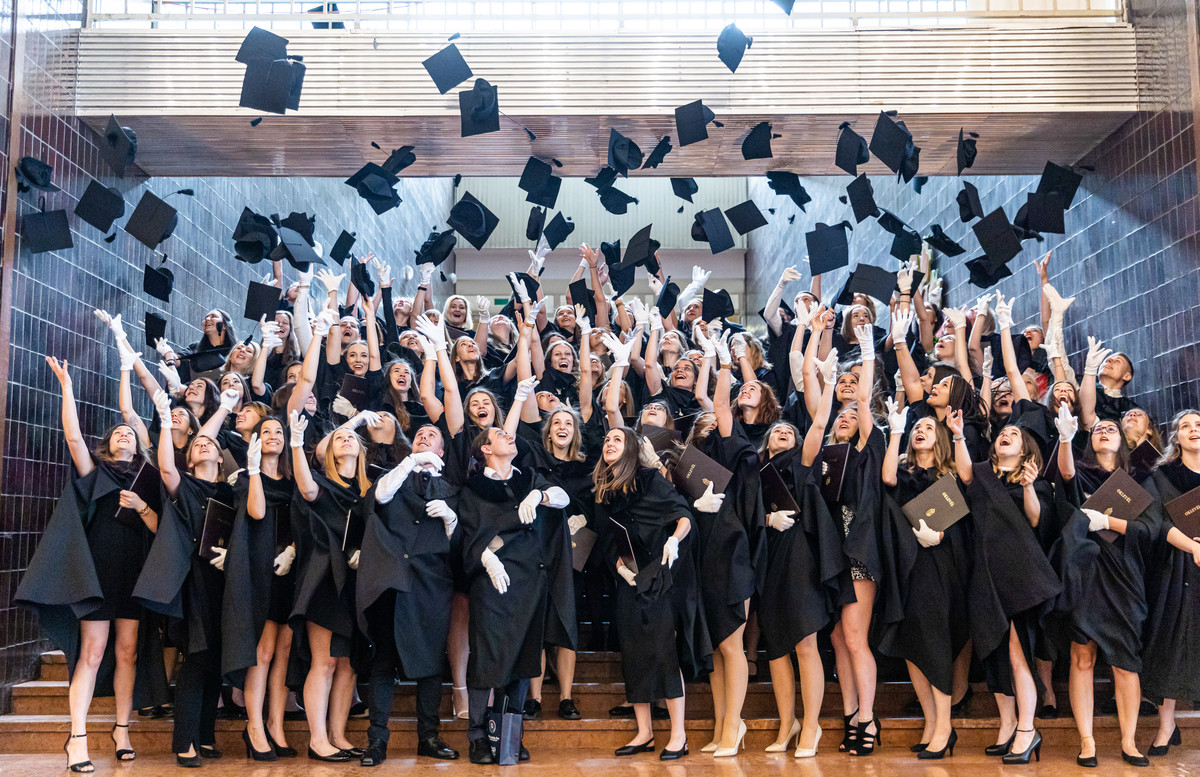
Start of cooperation: 2018
Language: Hungarian
Staff: Hungarian (András Pető Faculty)
Diploma: BA (Conductor with specialization in kindergarten or primary school education)
The theoretical training is organized in blocks, while the practical training is organized in 3-week cycles in stages. The aim of the specialization in kindergarten education is to train conductors who are prepared to educate and develop kindergarten children with disabilities (integrated / inclusive groups) as well as to implement the relevant kindergarten education programme. The goal of the specialization in primary school education is to train conductors who are prepared to educate children with special needs in the 1st-4th years (integrated / inclusive classes) and to implement the relevant curriculum.
The key element of conductor training is practical training, which is an integral part of the learning-education process. You can experience everyday miracles! We guarantee: professionalism, quality, practicality! it is characterized by a family atmosphere, a supportive student community, as well as accommodation and meals.
Serbia, Subotica and Senta
András Pető Faculty
The aim of the 4-semester 120-credit course is to educate pedagogical professionals who are capable of developing physically challenged children with special needs of any age, under the direction of a conductor (with specialization in kindergarten or primary school education) using conductive education. In addition to conductive pedagogical subjects, biomedical subjects are taught as part of the theory classes, but the main focus is on practice, which accounts for almost seventy percent of the entire training. The program is a practice-oriented training. Practical training (school observation, group and individual practice) provides graduates with an insight into advanced procedures and methods for developing the personality and mobility of disabled people of all ages. The theory is applied to practice in the frame of individual and group sessions, where educational skills, technical skills and special conductor skills are also developed.
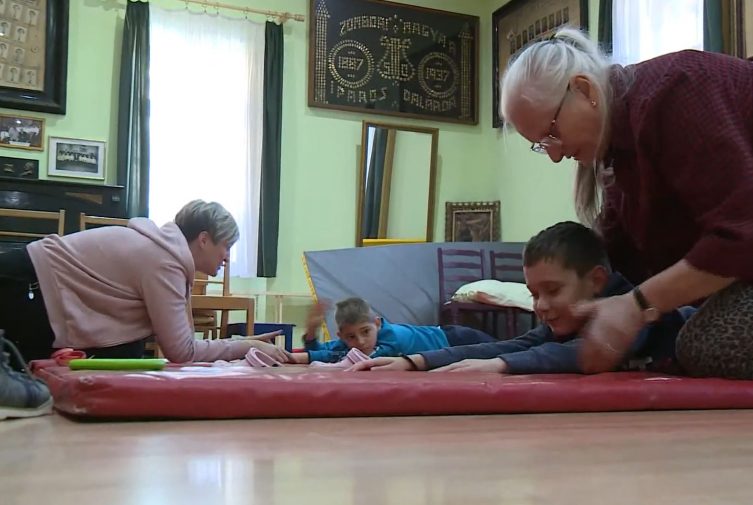
Start of cooperation: 2019
Language: Hungarian
Staff: Hungarian
Diploma: certificate (Conductor assistant)
The instructors of the faculty will hold more than 1,400 theoretical and practical lessons for the students participating during the these four semesters, who will later be able to work alongside graduate conductors as assistants. They will have the same diploma issued by Semmelweis University, with which graduates can work as conductors afterwards.
The venue for the theoretical, block-based training is Subotica, while the practical training is organized in stages in Senta.